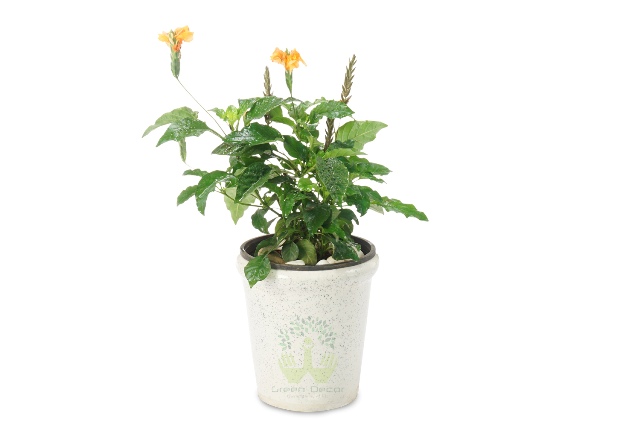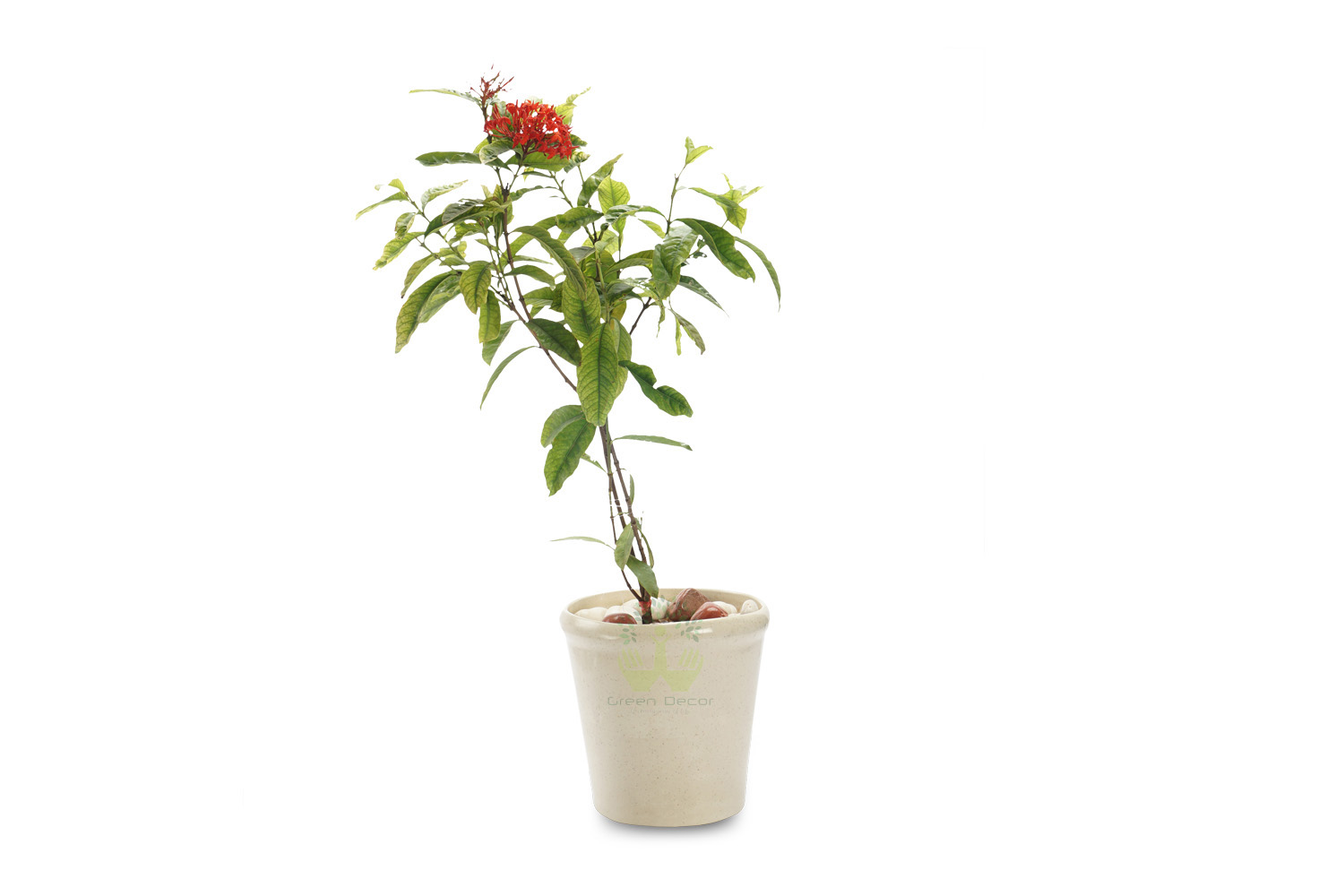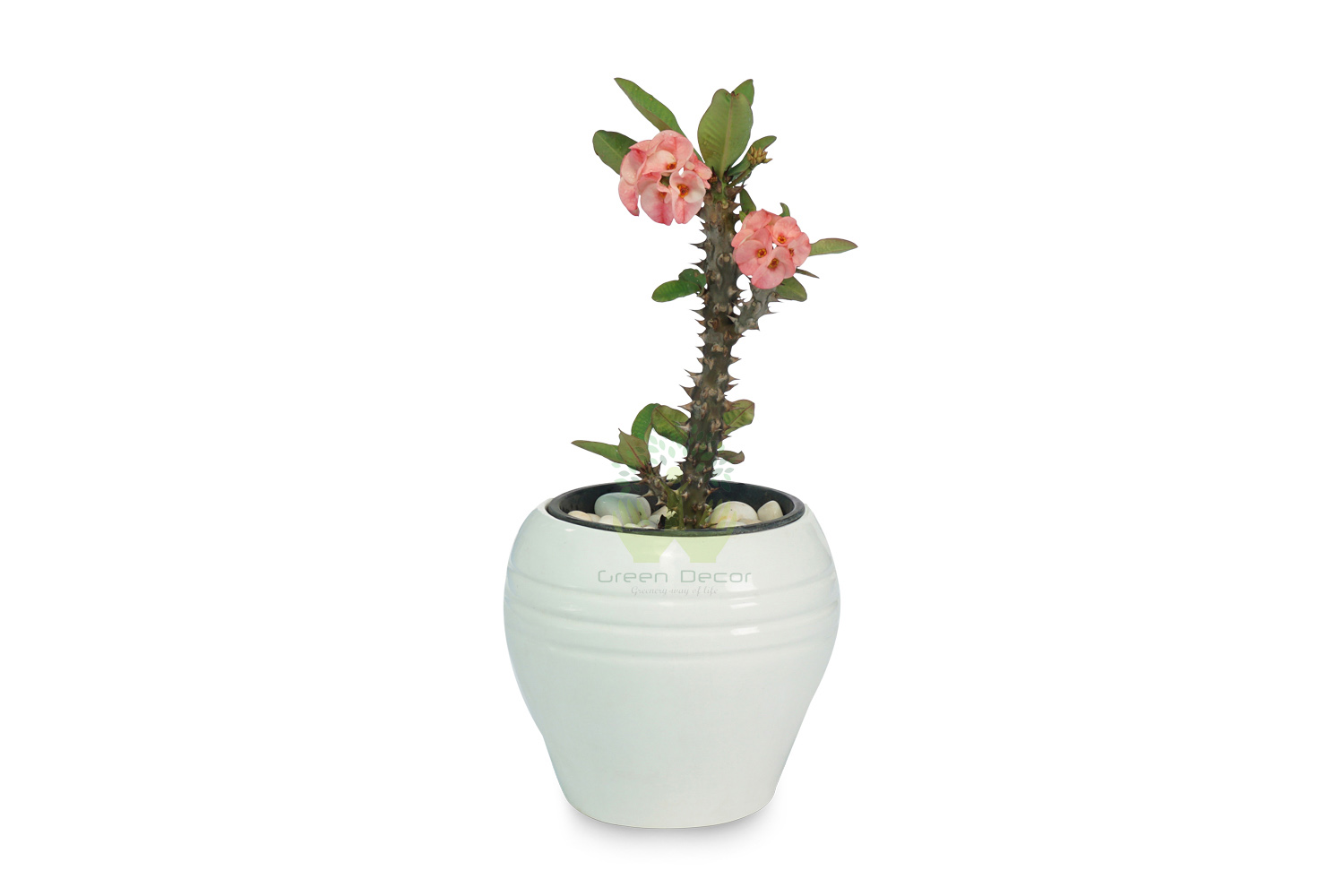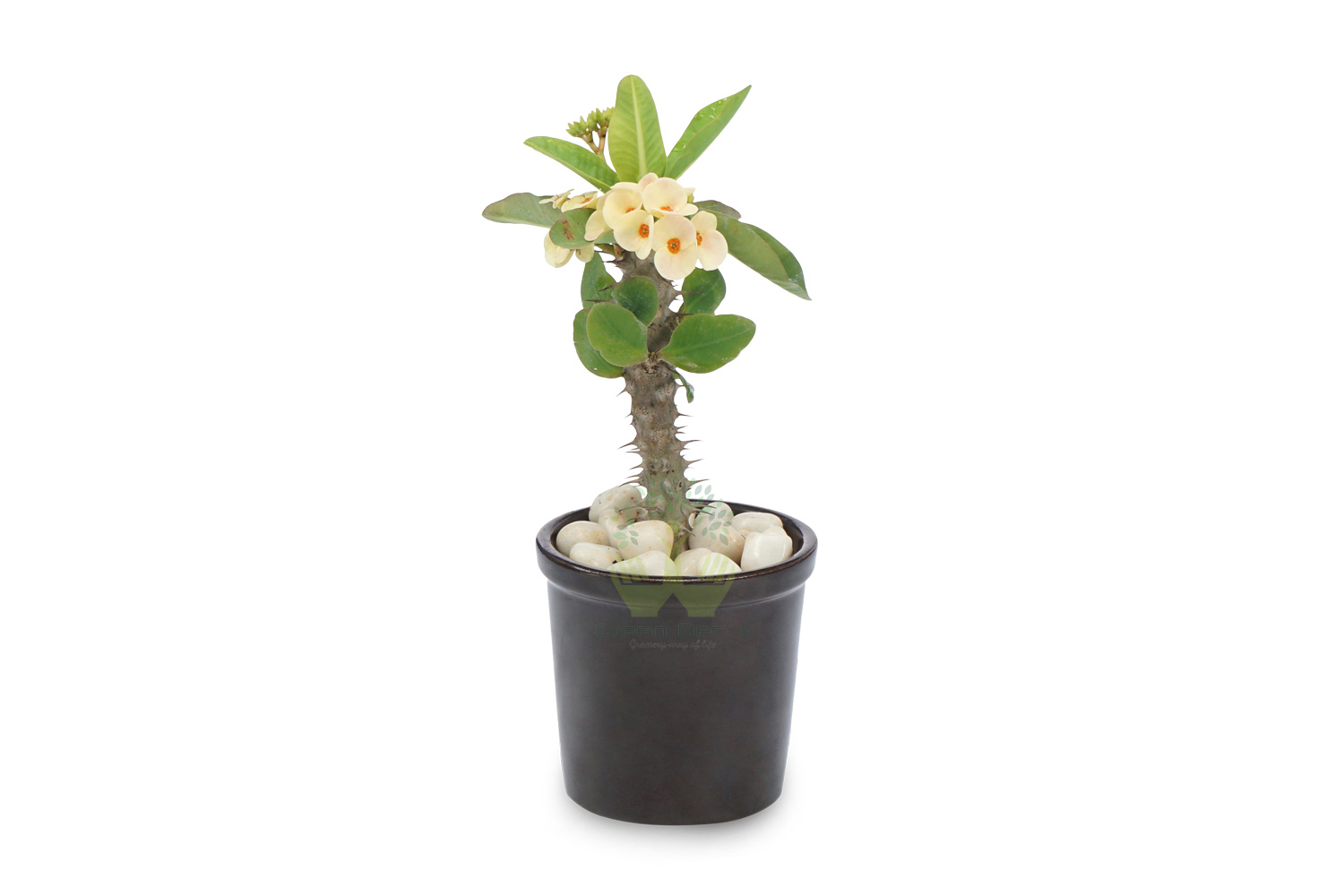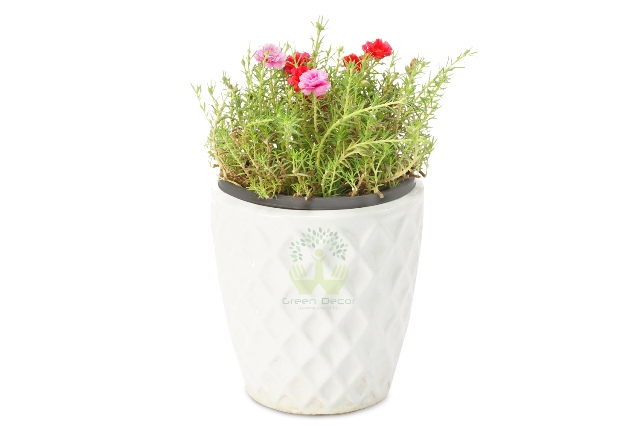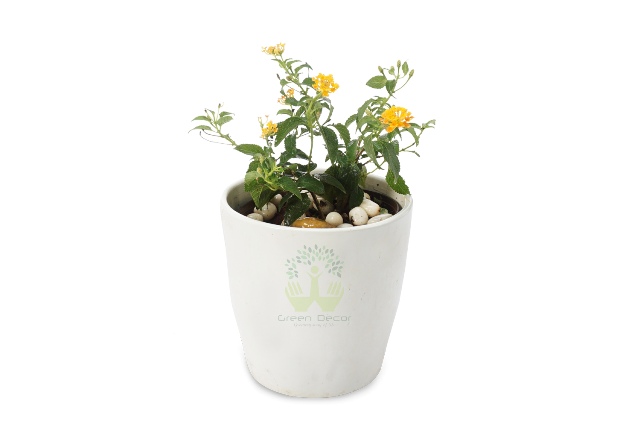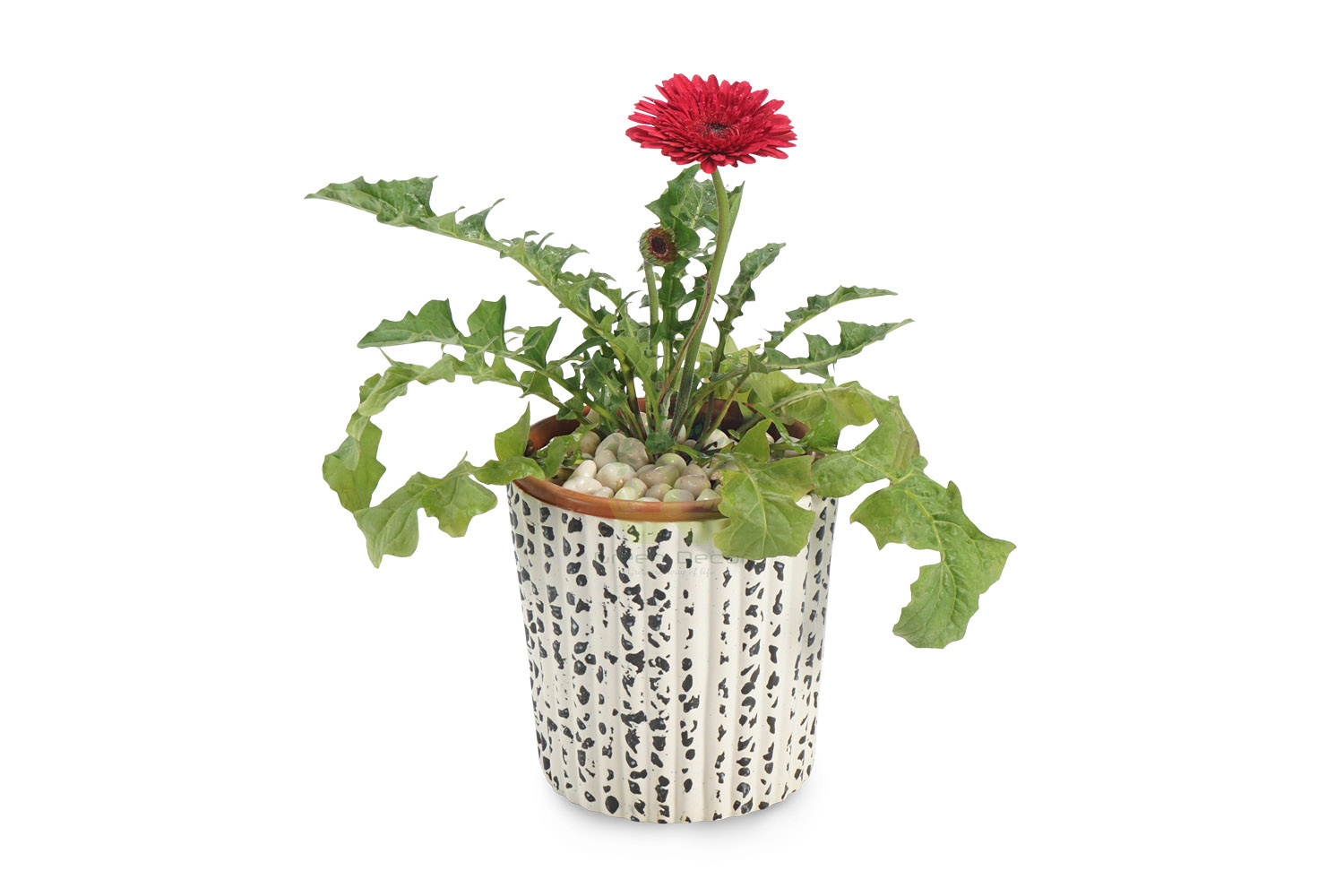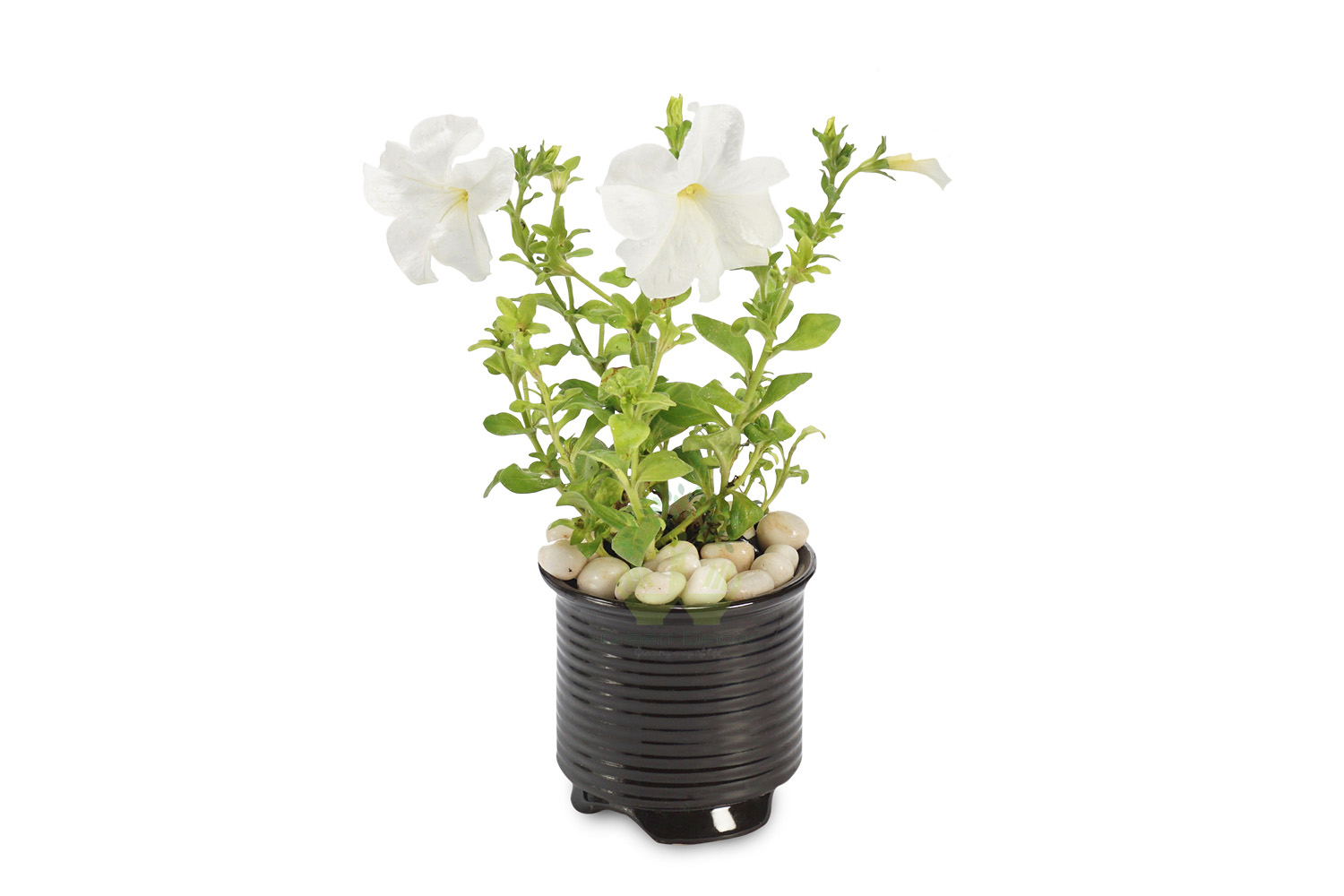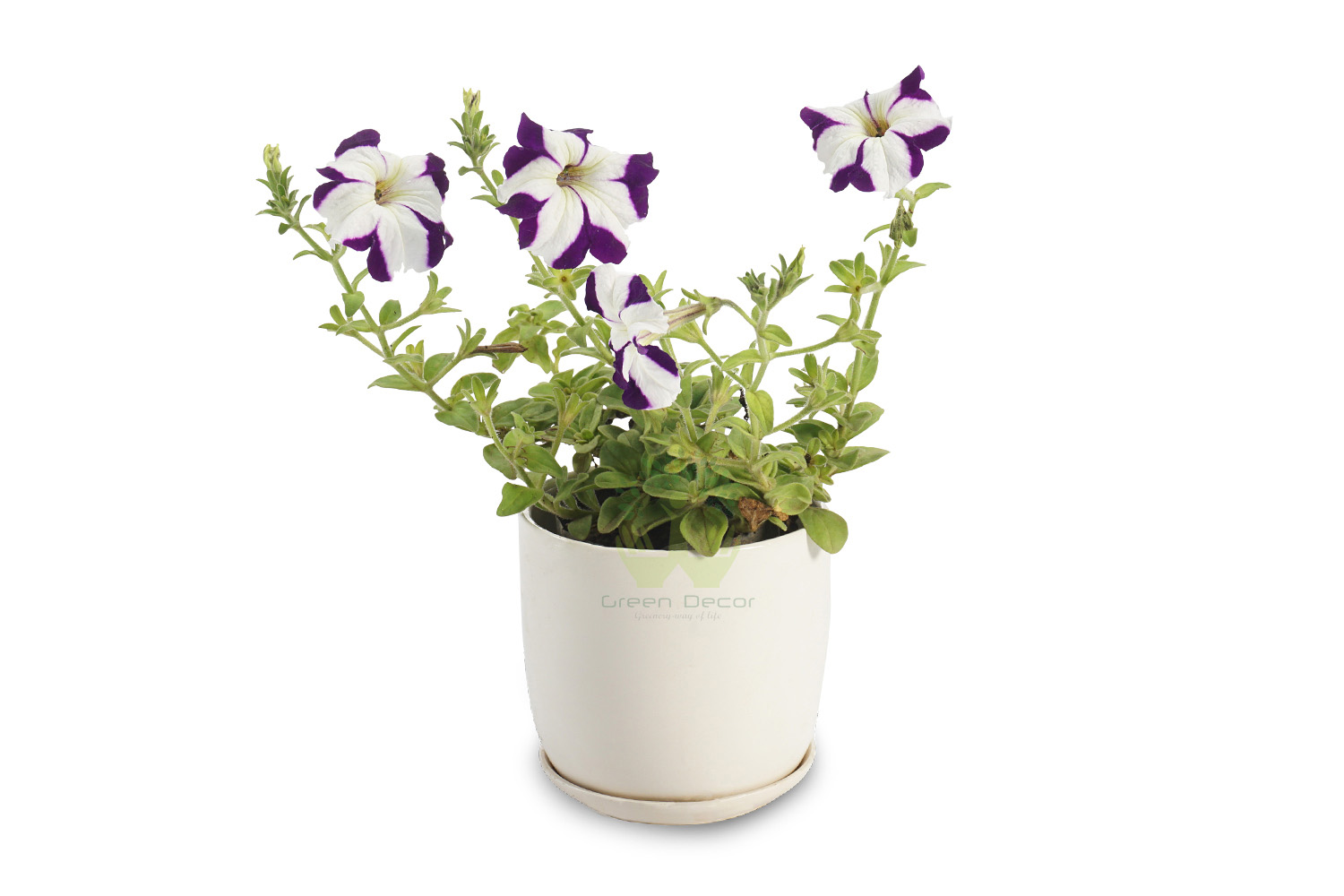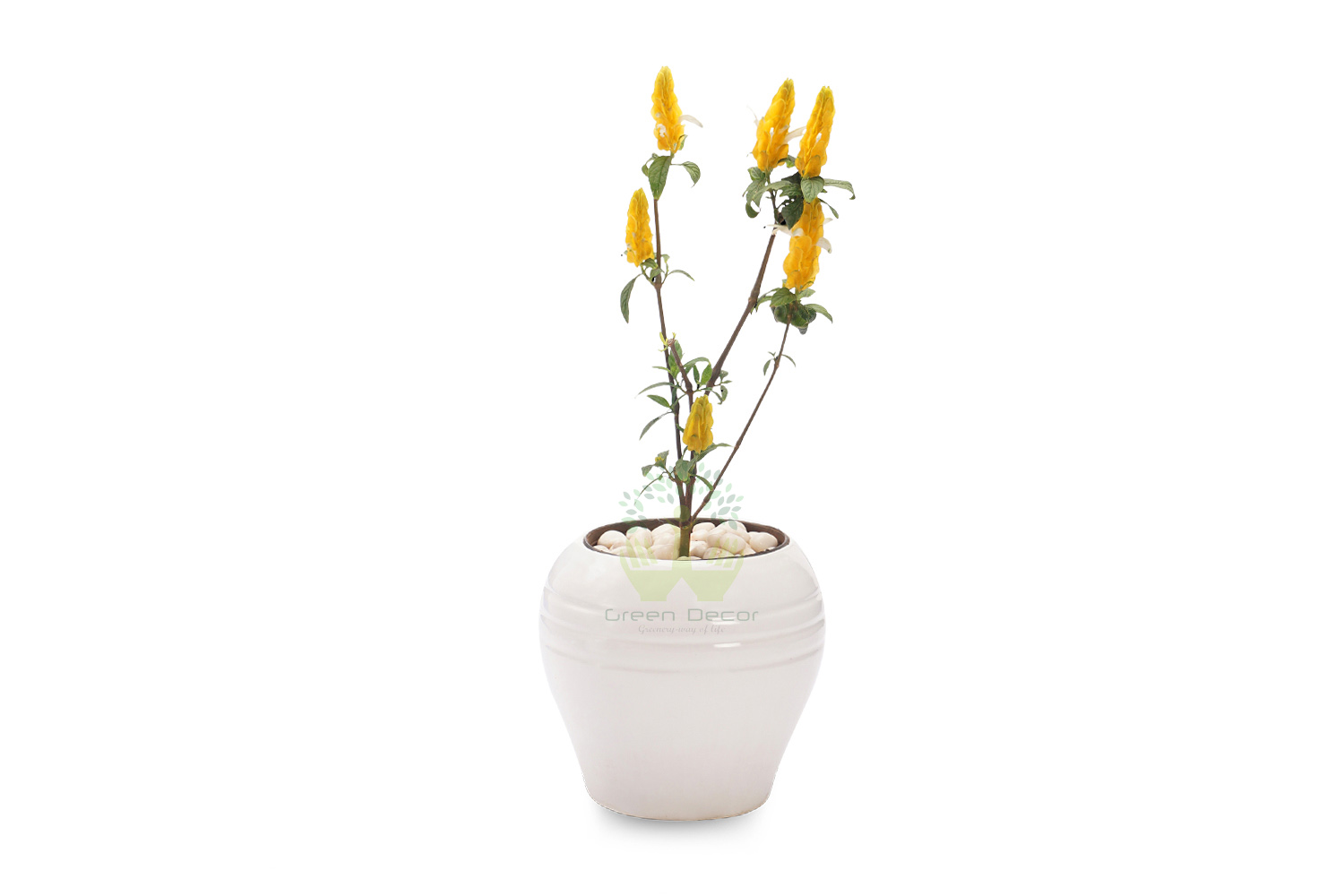Marigold
270
Maintenance Level
Low
Placements
Outdoor-Shades
Toxic
None
Fragrance
Strong
Seasons
Autumn Spring Summer
Plant Height
6" to 24"
Water Frequency
Winter
Weekly
Summer
Alternate Day
Fertilizer Frequency
Winter
3-4 Month
Summer
Every Month
- About Marigold
- How To Grow Marigold
- Benefits of Marigold
- Maintenance Tips
- Shipping Info
Marigolds are hardy, annual plants and are great plants for cheering up any garden & the easiest to grow. Marigolds bloom from mid-summer till winter. Broadly, there are two genuses which are referred to by the common name, Marigolds viz. Tagetes and Celandula.
Soil Need
Clay Sand Mix, Loamy Soil
Fertilizer (type)
NPK Fertiliser, Liquid Fertiliser
Growth Pattern
Moderate
Pruning
1-2 Month
Re-Potting
Every 3-4 Month
Process :
? Wait until the start of spring to plant marigolds indoors. ? Use a soilless potting mix for indoor containers. ? Sow the seeds a couple inches apart. ? Mix in a slow-acting granular fertilizer. ? Keep the temperature around 70 degrees. ? Place the plant in direct light once germination begins.
? Lowers Inflammation and Free Radical Damage ? Reduces Eye Inflammation and Conjunctivitis ? Natural Antiseptic Properties ? Naturally Repels Bugs ? Cosmetic remedy for repairing minor damage to the skin - sub dermal broken capillaries or sunburn
Do's
? Plant these next to your tomato, eggplant, chili pepper and potato plants because marigolds are known to keep away some insects that can harm these plants. ? If the place experiences a lot of wind, stake the plant with plastic loops so it stays upright & survives harsh weather. ? Cut dead blooms or branches with scissors. ? Use Potassium high fertilizer
Don'ts
? Excess of fertilizers which may result in an increased growth of foliage instead of flowers. ? Do not fertilize much in organic rich soil

